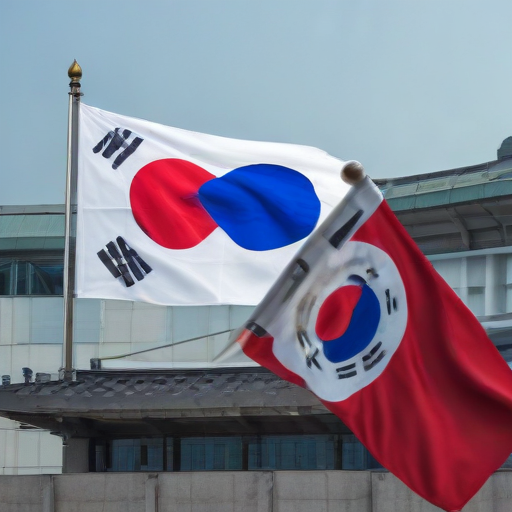South Korean President Yoon Suk Yeol finds himself in a precarious position following an unexpected declaration of martial law that was quickly retracted. The move, intended to address rising turmoil amid personal and political scandals, has left many South Koreans and international observers shaken. Yoon, who narrowly ascended to the presidency in 2022 amid high hopes for principled governance, is now facing immense pressure to resign, especially after the opposition’s significant gains in the parliamentary elections held earlier this year.
The tumultuous night saw lawmakers rushing to the National Assembly to counter the martial law order, while thousands of protesters gathered in the streets, expressing their outrage. The atmosphere shifted dramatically when Yoon announced the withdrawal of the martial law less than a day after its imposition, prompting cheers from the crowd.
Yoon’s rise to power was fueled by his prosecution of former President Park Geun-hye’s corruption case, and he campaigned on a platform appealing to young male voters by addressing issues surrounding gender. However, since taking office, his administration has been plagued by scandals, primarily involving his wife, Kim Keon Hee. As President, he has faced criticism for his unpopular policies and repeated gaffes, which have severely impacted his approval ratings. His recent attempt to address the domestic challenges by invoking a North Korean threat has been criticized as politically motivated rather than a true reflection of the state’s security needs.
Political analysts have characterized Yoon’s declaration as an overreach and a sign of desperation amidst sinking support and looming impeachment talks. His administration’s struggles could reflect broader divisions within South Korean society and serve as a wake-up call for enhancing political cooperation and reform.
Looking ahead, South Korea stands at a crossroads as it must navigate the implications of Yoon’s controversial actions. While his presidency is certainly under threat, it also presents an opportunity for renewal and reengagement in political discourse. Given the rapid changes and the citizens’ response, there is potential for a more unified approach to governance that addresses the pressing needs of South Korea’s populace.
In summary, Yoon Suk Yeol’s presidency is in jeopardy after a dramatic but fleeting declaration of martial law. With his unpopularity surging and calls for resignation mounting, the situation calls for introspection and possible political restructuring in South Korea. Ultimately, this moment could inspire a stronger commitment to collaboration and transparency in addressing the nation’s challenges.
